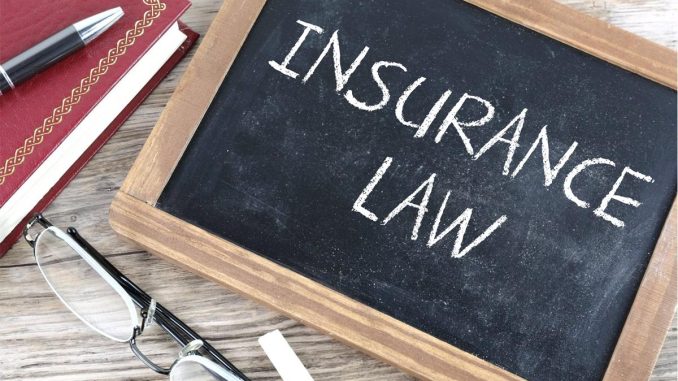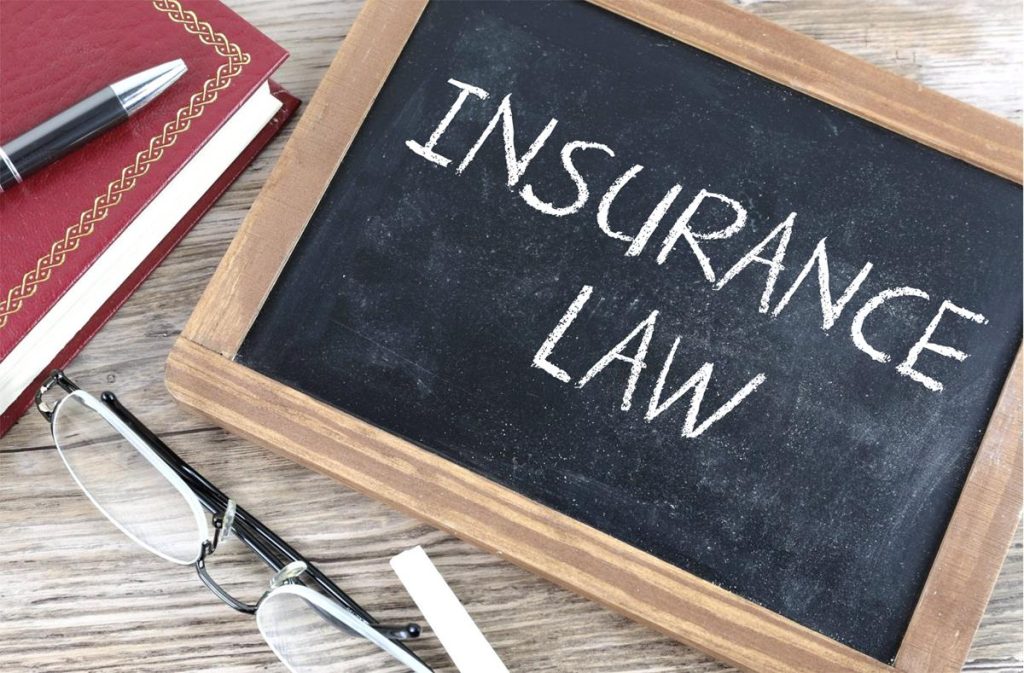Falling behind on insurance payments can lead to a series of consequences that can negatively impact your financial stability and personal security. To help you understand the potential ramifications of failing to pay your insurance bill, we’ve compiled a list of possible outcomes below.

[ez-toc]
1. Loss of Coverage
The most immediate consequence of not paying your insurance bill is the loss of coverage. Insurance companies typically provide a grace period, which varies by the type of insurance and the provider. If you don’t make a payment within this grace period, your coverage will be terminated, leaving you unprotected.
2. Increased Premiums
Failing to pay your insurance bill on time can result in higher premiums. Insurance companies use your payment history to determine your risk level, and a history of late or missed payments can make you appear less reliable. As a result, you may be charged a higher premium when you attempt to reinstate your policy or purchase a new one.
3. Difficulty Obtaining New Insurance
Insurers often share information about policyholders who have had their coverage terminated due to non-payment. This information can make it difficult for you to obtain new insurance, as other providers may consider you a high-risk customer.
4. Legal and Financial Consequences
Depending on the type of insurance and your local laws, failure to maintain proper insurance coverage can lead to legal and financial penalties. For example:
- Auto Insurance: Driving without insurance can result in fines, license suspension, and even jail time in some jurisdictions. Learn more about the consequences of driving without insurance.
- Health Insurance: Without coverage, you’ll be responsible for paying your medical bills out of pocket. Additionally, you may be subject to penalties under the Affordable Care Act if you don’t have health insurance.
- Homeowners or Renters Insurance: If you don’t maintain proper insurance, you could be held financially responsible for damage to your home or personal property in the event of a fire, theft, or natural disaster.
5. Lower Credit Score
Missing insurance payments can also impact your credit score. While not all insurance companies report late payments to credit bureaus, some do. A lower credit score can make it more difficult for you to obtain loans, credit cards, or even rent an apartment.
How to Get Back on Track
If you’re struggling to make your insurance payments, consider the following options:
- Contact your insurer: Many insurance providers are willing to work with customers who are facing financial difficulties. They may offer payment plans, extensions, or even reduced premiums to help you get back on track.
- Shop around: Compare rates from multiple insurance providers to find a policy that better fits your budget. Use an online comparison tool to help you find the best rates and coverage.
- Review your coverage: Ensure you’re not over-insured or paying for unnecessary coverage. Consult with an insurance agent to help you assess your needs and adjust your policy accordingly.
Remember, staying on top of your insurance payments is crucial to maintaining your financial stability and personal security. By understanding the consequences of not paying your insurance bill, you can take steps to avoid these negative outcomes and protect yourself and your assets.






